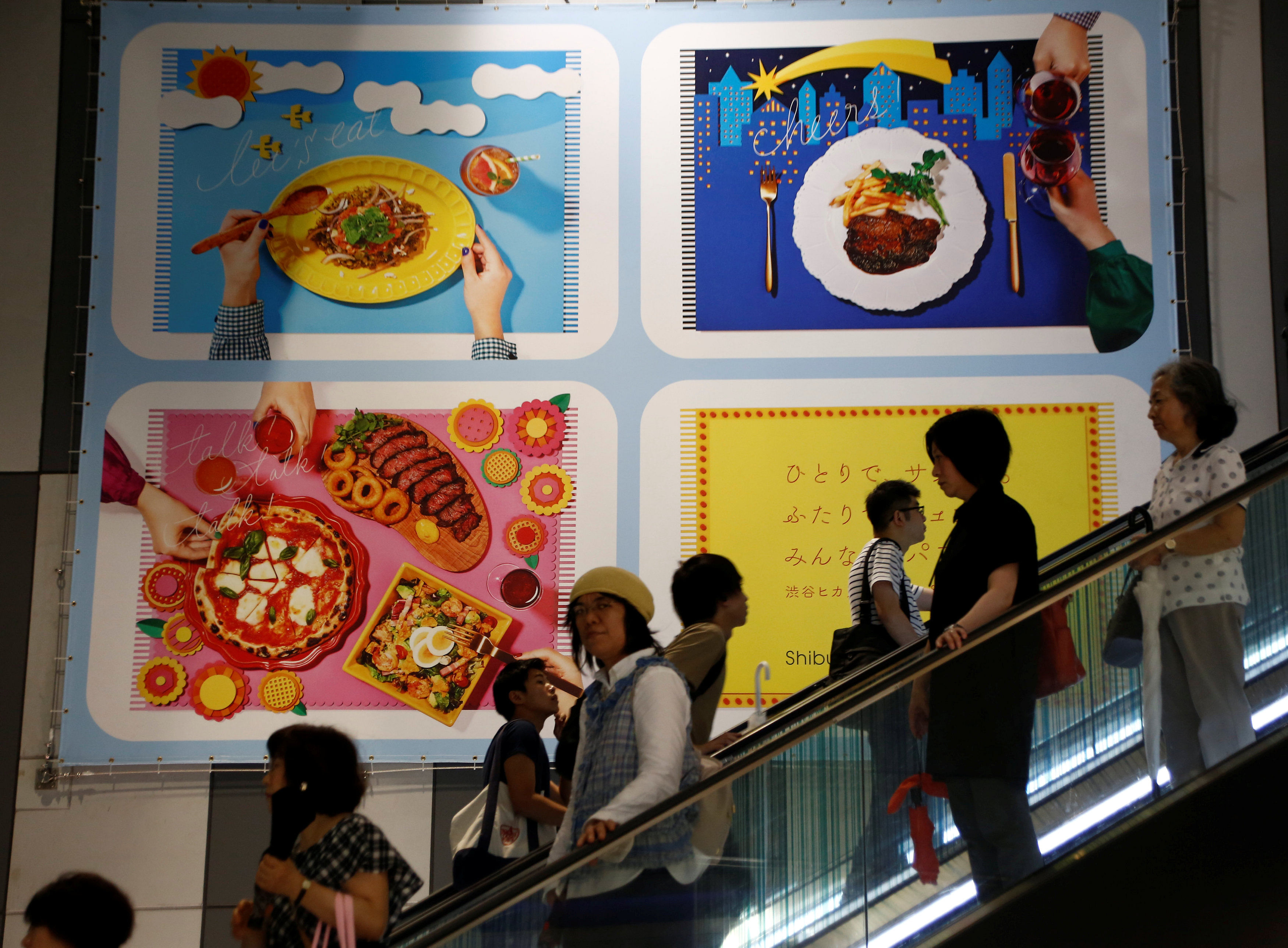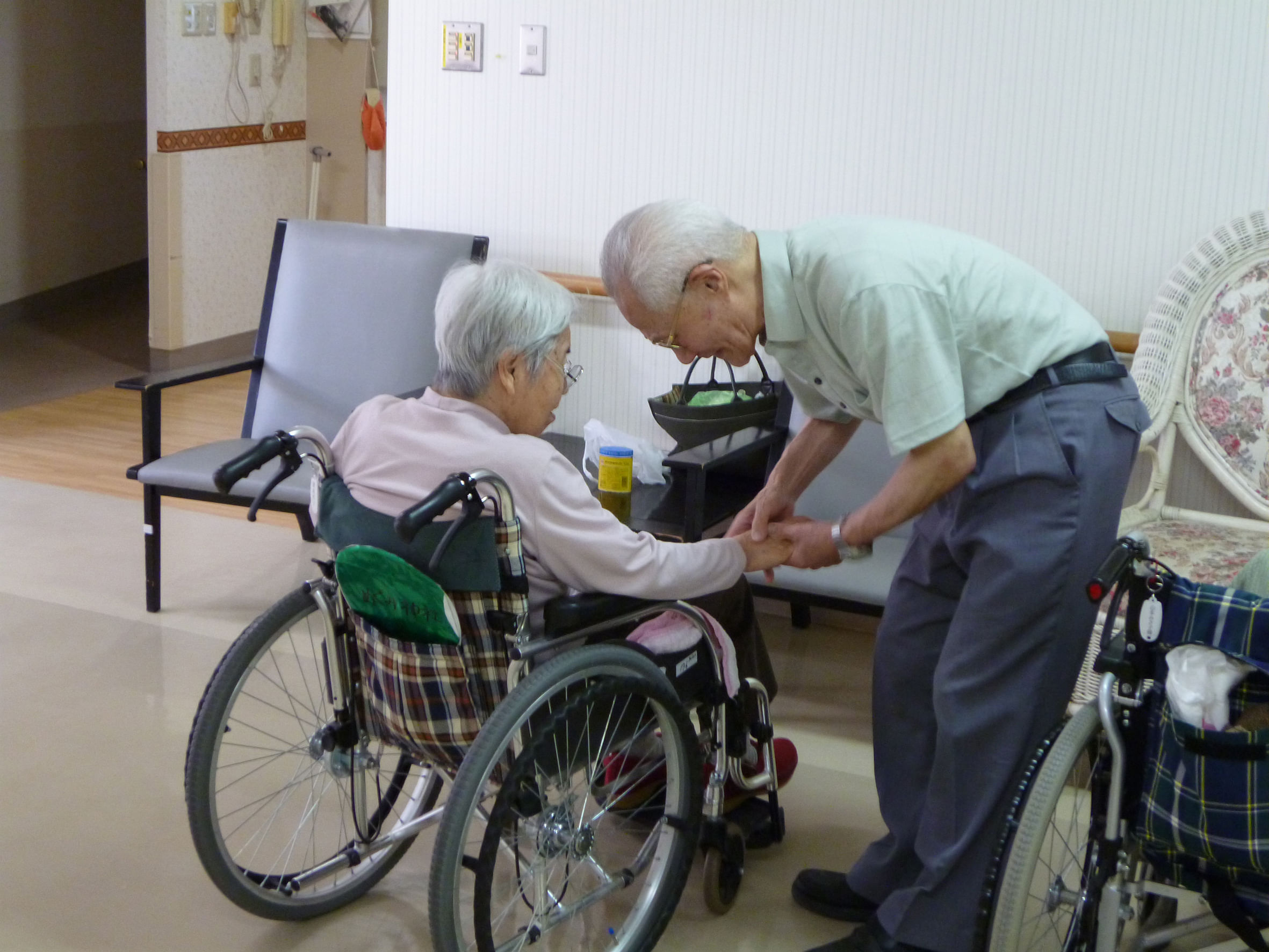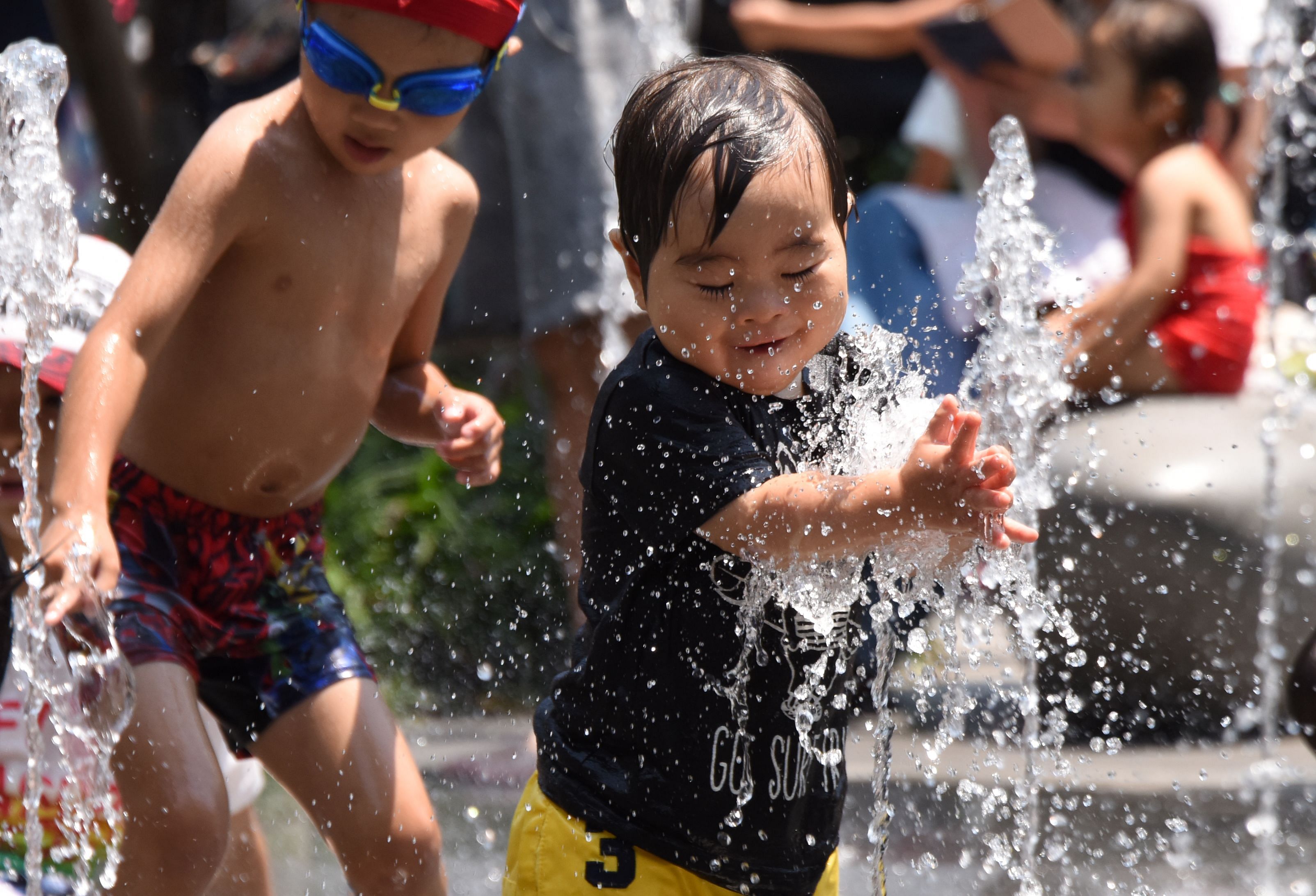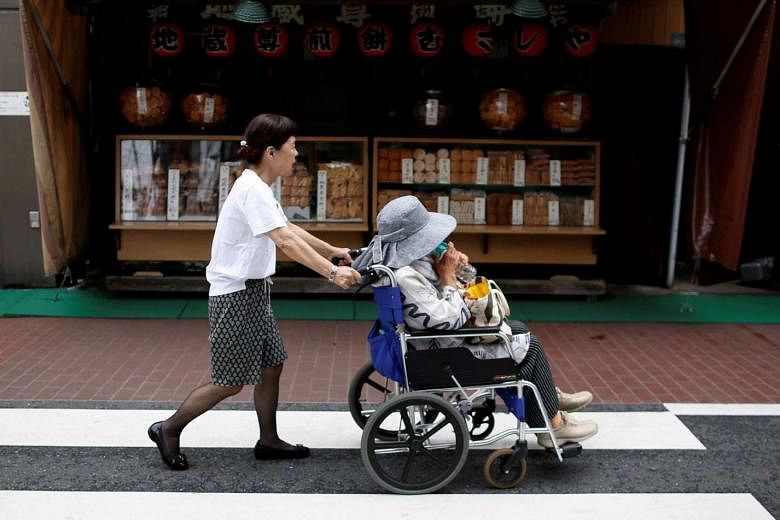SINGAPORE - When it comes to improving eldercare services, taking a leaf from Japan's book is not a new concept to Singapore.
Yet with the population of senior citizens in Singapore on the rise - 12.4 per cent of the population is over 65 years old, as of 2016 - Japan's innovative ways to provide for an extensive ageing population continue to make it a worthy model to study.
The Lien Foundation, a philanthropic organisation, recently took two elderly Singaporeans - Elizabeth Seah, 62, and Jelly Tan, 77 - to Japan to experience the country's eldercare services.
In a 10-part video and article series, the foundation draws on the perspectives of the two women to see what services and facilities they find most valuable. Five parts of the series have been pushed out, and the remaining parts will be shown by July 20.
Here are five useful things that the two women encountered on their trip.
1. Dedicated spaces in malls for the elderly
At the Aeon Mall Kasai, doors open at 7am. It might seem out of the ordinary, but the mall adjusts its hours specially for elderly customers, who are more likely to be early risers, according to the Lien Foundation.
During these early hours, or what the mall calls "Gold Time", special deals are provided for the elderly, along with other activities like mass exercise classes.

The entire fourth floor of the mall is dedicated to seniors, whom the mall calls the "Grand Generation". It provides a wider selection of products that Japanese seniors would buy, such as hiking gear and travel books, as well as lots of support bands that can help prevent injuries in the gym.
A key attraction is its carpeted, 180m- indoor walking course, which enables the elderly shoppers to do brisk walking even if it is snowing or raining outdoors. Wide square leather seats are scattered across the mall. The extra width is designed to prevent older folk from falling backwards and hitting the floor.
2. Use of physical restraints on the elderly is illegal
In Japan's nursing homes, it is against the law to use physical restraints on elderly patients. The method has been utilised in the past on patients with dementia and is legal in Singapore.
Mr Tadamichi Shimogawara, founder of Japanese nursing home Silverwood, shared his views on the issue.
"If they feel safe and that they belong, they won't wander," he told the Lien Foundation, citing Silverwood's practices of not using restraints and leaving doors unlocked. "Locking them up simply aggravates symptoms," he said.
While the law has yet to change in Singapore, nursing homes are taking steps towards a restraint-free approach. Jade Circle, an upcoming extension to the Peacehaven Nursing Home, will be the first of its kind in Singapore to not use physical restraints.
3. Lengthening leases for state-funded nursing homes

The Morinokaze Nursing Home is largely funded by the Japanese government. While state-funded nursing homes are not foreign to Singapore, the Lien Foundation noted that the length of the lease terms on such homes could pose problems.
Morinokaze, for instance, operates on a 30-year lease by Shoukichi Fukushikai, a non-profit organisation, a much longer period than what is granted by Singapore's build-own-lease (BOL) model.
4. Increasing interaction with children

In the nursing homes that the Lien Foundation visited in Japan, the elderly residents have frequent interaction with children, which brings cheer to their time spent in the facilities.
On the foundation's visit to the Morinokaze Nursing Home, for instance, they found that children from a kindergarten next door go to Morinokaze once a week to spend time with the residents.
At the Silverwood nursing home, there is even a candy shop, or "dagashi" on the premises, that children in the neighbourhood often visit to buy sweets.
5. Focusing on personal goals that are not just medical needs
The Lien Foundation understands that a focus on medical care alone is insufficient.
Ensuring the well-being of the elderly goes beyond fulfilling their physical and nursing needs.
Takaya Saitou, hands-on director at the Morinokaze Nursing Home, told the Lien Foundation: "We work with individual residents to set goals - for instance, someone might want to go out and eat sushi again. And then we work to achieve those goals."

